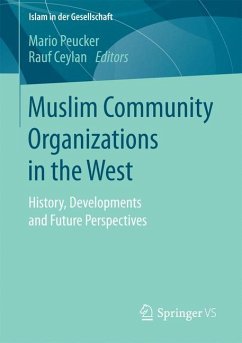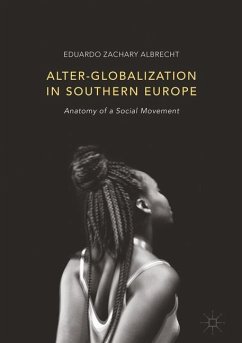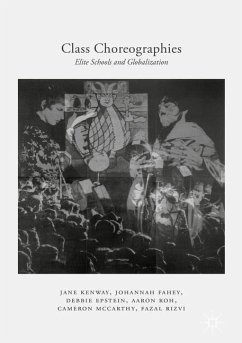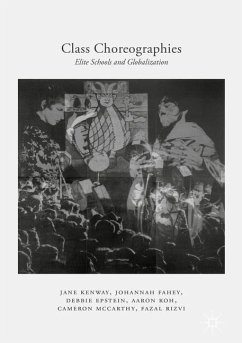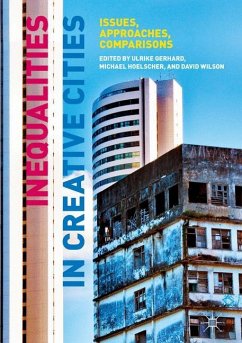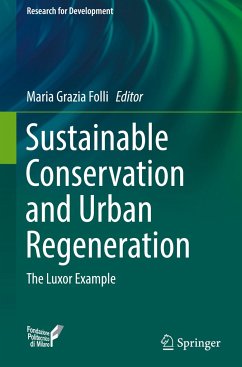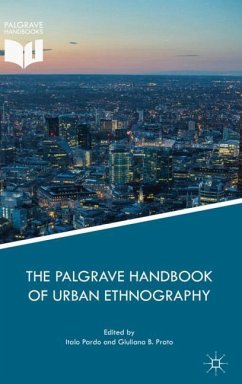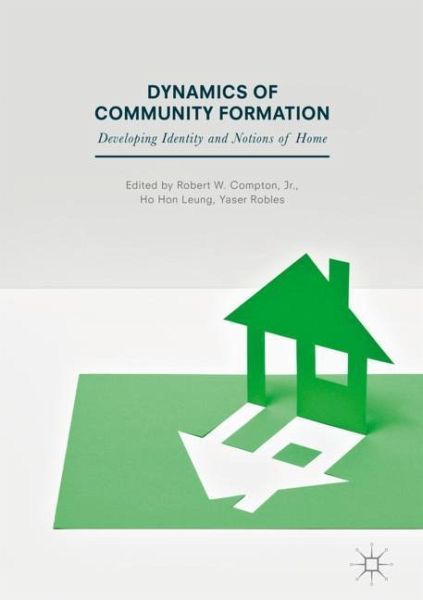
Dynamics of Community Formation
Developing Identity and Notions of Home
Herausgegeben: Compton, Robert W.; Leung, Ho Hon; Robles, Yaser
Versandkostenfrei!
Versandfertig in 6-10 Tagen
76,99 €
inkl. MwSt.

PAYBACK Punkte
38 °P sammeln!
This interdisciplinary work discusses the construction, maintenance, evolution, and destruction of home and community spaces, which are central to the development of social cohesion. By examining how people throughout the world form different communities to establish a sense of home, the volume surveys the formation of identity within the context of rapid development, global and domestic neoliberal and political governmental policies, and various societal pressures. The themes of cooperation, conflict, inclusion, exclusion, and balance require negotiation between different actors (e.g., the st...
This interdisciplinary work discusses the construction, maintenance, evolution, and destruction of home and community spaces, which are central to the development of social cohesion. By examining how people throughout the world form different communities to establish a sense of home, the volume surveys the formation of identity within the context of rapid development, global and domestic neoliberal and political governmental policies, and various societal pressures. The themes of cooperation, conflict, inclusion, exclusion, and balance require negotiation between different actors (e.g., the state, professional developers, social activists, and residents) as homes and communities develop.





